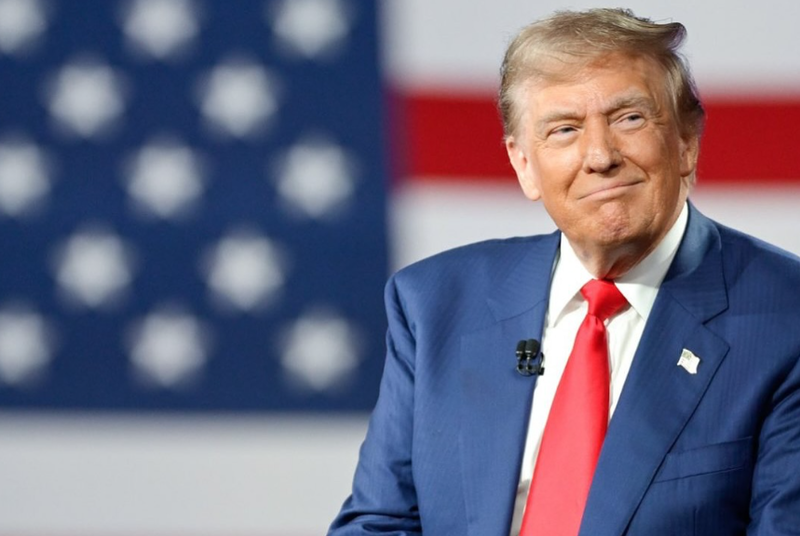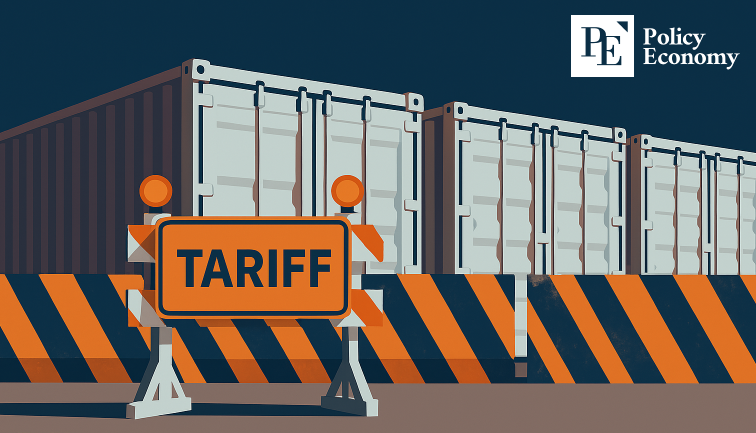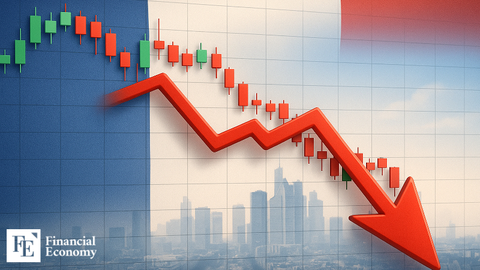Trump Plays the ‘Flexibility’ Card Again, Hints at Temporary Tariff Exemption for Auto Parts
Input
Modified
President Trump signals a potential temporary waiver on tariffs for auto parts. Component-specific duties—covering engines, transmissions, and other key parts—are set to take effect on May 3. New tariffs could raise vehicle prices by as much as $20,000, putting further pressure on consumers and automakers alike.

U.S. President Donald Trump has signaled a potential additional exemption from tariffs on automotive parts—a notable shift from his earlier hardline stance. The move follows a wave of criticism over his recent decision to suspend reciprocal tariffs on smartphones and other electronics, which sparked accusations of backtracking. In response to that criticism, Trump had firmly declared, “Nobody is getting off the hook,” reinforcing a message of zero tolerance. His latest remarks, however, suggest a more flexible approach, highlighting an apparent contradiction in the administration’s tariff policy.
Trump: “U.S. Needs Time to Ramp Up Domestic Auto Parts Production”
On April 14 (local time), Bloomberg reported that President Donald Trump is considering a temporary tariff exemption for imported auto parts, in a move aimed at giving U.S. automakers more time to establish domestic production facilities. During a meeting at the White House with El Salvador President Nayib Bukele, Trump responded to a question about potential product exemptions by saying, “I am reviewing something to help some of the car companies.”
Trump noted that automakers are beginning to shift production from Canada and Mexico to the U.S., but added, “They need a little more time.” The administration began imposing a 25% tariff on imported vehicles on April 3, but tariffs on key parts—such as engines, transmissions, and powertrains—are set to take effect on May 3.
Observers interpret Trump’s comments as an acknowledgment of growing public concern that sweeping auto tariffs could sharply increase car prices, a key commodity for American consumers. Research from Anderson Economic Group estimates that tariffs could raise the price of some high-end imported vehicles by up to $20,000, while even compact sedans may see price hikes between $2,500 and $4,500. The administration appears to be weighing delayed tariffs on some parts in exchange for automakers’ commitment to relocate supply chains to the U.S.
Erratic Tariff Policy Fuels Growing Market Uncertainty
Just days earlier, on April 11, the U.S. Customs and Border Protection (CBP) excluded 20 electronics products—including smartphones, PCs, and hard drives—from reciprocal tariffs. While the administration insisted the exemptions were temporary, Trump’s shifting stance has created confusion and concern across markets.
Trump’s frequent adjustments to tariff policy have left markets, businesses, and U.S. trade partners scrambling. The cycle of sudden tariff announcements, followed by delays, partial exemptions, or re-impositions, has made long-term planning nearly impossible for many companies. Carl Tannenbaum, chief economist at Northern Trust, commented, “The damage to consumer and investor confidence is already irreparable.”
Faced with stock and bond market selloffs and mounting recession warnings from Wall Street, Trump has gradually softened his tariff stance. Critics say the ad hoc nature of these policies suggests even Trump himself has lost direction, while China remains unmoved, responding with counter-tariffs and rare earth export threats. With rising inflation and slowing growth, domestic opposition to the trade war is also intensifying, making a prolonged tariff standoff increasingly untenable.

U.S. Treasury, Trade Officials Set for Key Negotiations Next Week
Amid these developments, South Korea is preparing for trade talks with the U.S. Treasury Department next week. Treasury Secretary Scott Besant, who is leading U.S. trade negotiations, confirmed on April 14, “We’re scheduled to negotiate with South Korea next week.”
Besant emphasized that “the first movers will benefit most,” adding, “Usually, those who strike deals first get the best terms.” Asked which country he expected to move first, he replied, “That’s up to them.”
When asked if any deals might be struck before the 90-day reciprocal tariff freeze ends, Besant said, “I think many could. These may not be finalized trade agreements, but we’ll reach principles we can build on.” On whether reciprocal tariffs could be fully eliminated, he stated, “I tell countries, ‘Bring your best offer.’ We’ll see what they bring to the table.”
Besant also reiterated that negotiations with allies like South Korea, Japan, the UK, India, and Australia are the administration’s top priority. According to The Wall Street Journal, he has already been in contact with counterparts from five countries. His rapid engagement with nations facing tariffs above 10% began after he assumed his new role as presidential adviser and chief trade negotiator. On April 9, he announced at the American Bankers Association (ABA) that he would lead trade negotiations, and later that day briefed reporters at the White House following Trump’s reciprocal tariff freeze announcement.





















